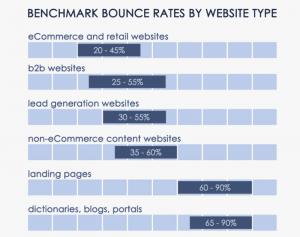Zelle may refund your money if you were scammed
The payment processor started reimbursing scam victims on June 30.

Zelle recently made a huge change to its policy that would give victims of certain scams the chance to get their money back. The payment processor has confirmed to Engadget that it started reimbursing customers for impostor scams, such as those perpetrated by bad actors pretending to be banks, businesses and government agencies, as of June 30 this year. Its parent company Early Warning Services, LLC, said this “goes beyond legal requirements.”
As Reuters noted when it reported Zelle’s policy change, federal laws can only compel banks to reimburse customers if payments were made without their authorization, but not when they made the transfer themselves. The payment processor, which is run by seven US banks that include Bank of America, JP Morgan Chase and Wells Fargo, explained that it defines scams as instances wherein a customer made payment but didn’t get what they were promised. It had anti-fraud policy from the time it was launched in 2017, but it only started returning money to customers who were scammed, possibly due to increasing scrutiny and pressure from authorities.
“As the operator of Zelle, we continuously review and update our operating rules and technology practices to improve the consumer experience and address the dynamic nature of fraud and scams,” Early Warning Services, LLC, told Engadget. “As of June 30, 2023, our bank and credit union participants must reimburse consumers for qualifying imposter scams, like when a scammer impersonates a bank to trick a consumer into sending them money with Zelle. The change ensures consistency across our network and goes beyond legal requirements.
Zelle has driven down fraud and scam rates as a result of these prevention and mitigation efforts consistently from 2022 to 2023, with increasingly more than 99.9% of Zelle transactions are without any reported fraud or scams,” it added.
A series of stories published by The New York Times in 2022 put a spotlight on the growing number of scams and fraud schemes on Zelle. The publication had interviewed customers who were tricked into sending money to scammers but were denied reimbursement, because they had authorized the transactions. Senator Elizabeth Warren also conducted an investigation last year and found that “fraud and scams [jumped] more than 250 percent from over $90 million in 2020 to a pace exceeding $255 million in 2022.” In November 2022, The Times reported that the seven banks that own Zelle were gearing up for a policy change that will reimburse scam victims.
In Zelle’s “Report a Scam” information page, users can submit the scammer’s details, including what they were claiming to be, their name, website and their phone number. They also have to provide the payment ID for the transfer, the date it was made and a description of what the transaction was supposed to be about. Zelle said it will report the information provided to the recipient’s bank or credit union to help prevent others from falling victim to their schemes, but it’s unclear how Zelle determines whether a scam refund claim is legitimate or not.
“Zelle’s platform changes are long overdue,” Senator Warren told Reuters. “The CFPB (Consumer Financial Protection Bureau) is standing with consumers, and I urge the agency to keep the pressure on Zelle to protect consumers from bad actors.”
(10)







